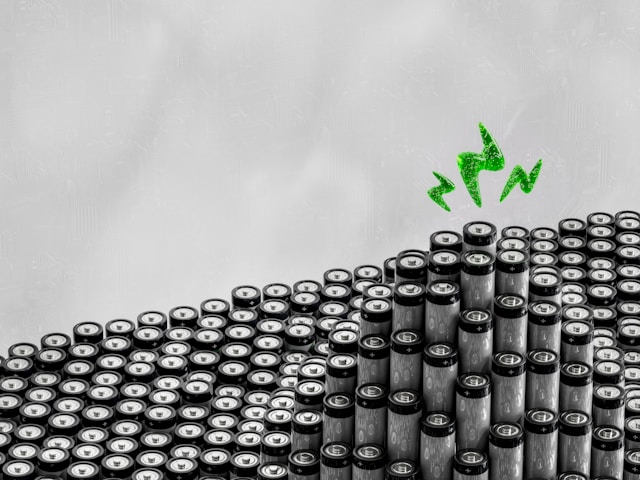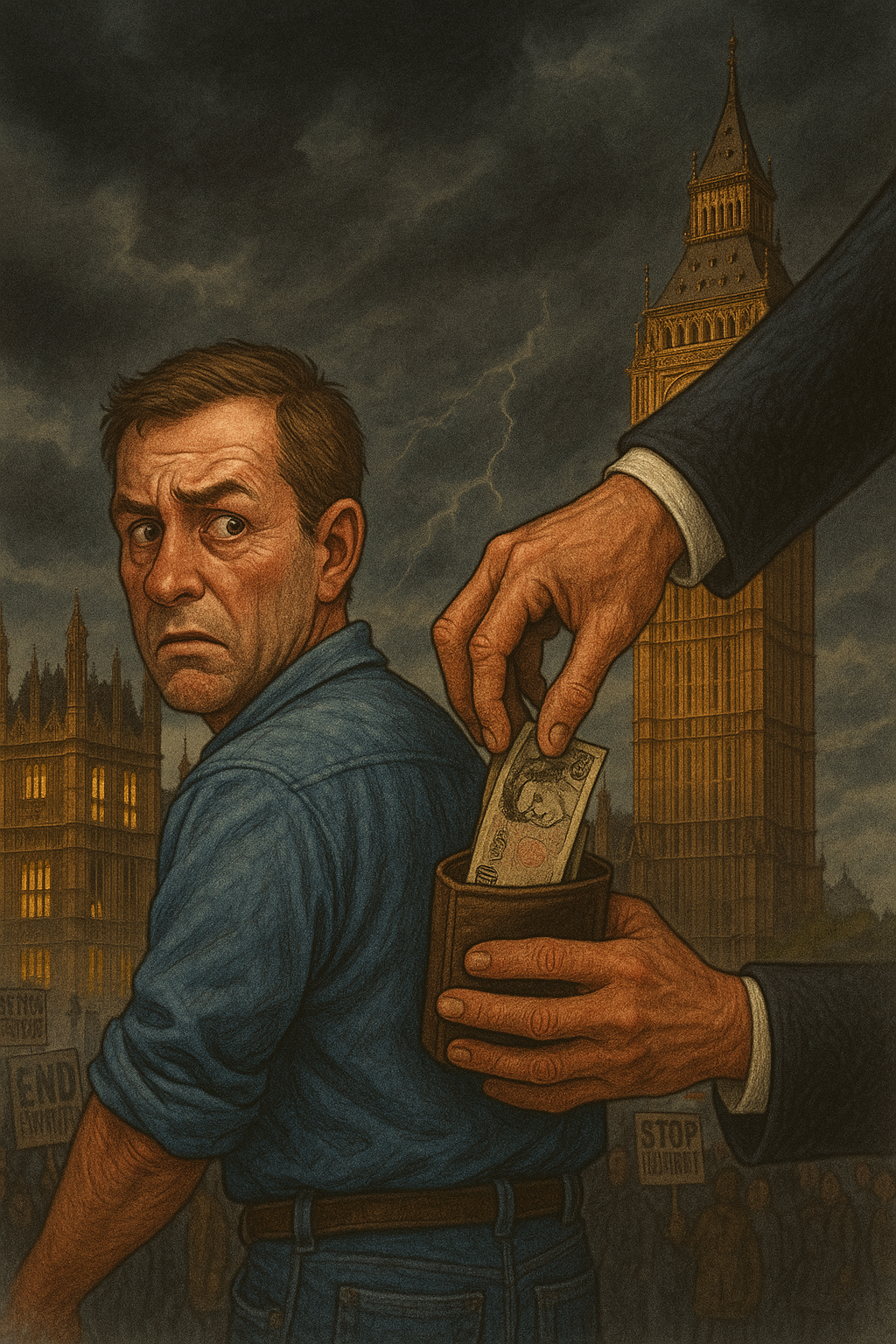 Another week of toxic political discourse in the rear-view mirror. Happy weekend, everybody! You made it.
Another week of toxic political discourse in the rear-view mirror. Happy weekend, everybody! You made it.
There is a reason people are becoming exhausted with politics. Simply put, politics has become exhausting because it is a ruthless, winner-takes-all dynamic where the existence of civilisation itself is on the line in every single conversation. Discussion and debate of tax policy, immigration or cultural issues used to be a stimulating intellectual exercise for many but has now become a microcosm of the clash of civilisations and cultures which rages in every part of our lives, from the films and shows we watch to the schools we attend to the food we eat (or choose not to eat). We can’t simply disagree with each other anymore: disagreement is now an attack on others’ identities, beliefs, and communities. This is a recipe for disaster.
My generation is being taught to conduct political activity incorrectly. Worse, it is being incentivised to do so. The proliferation of logical fallacies, bad faith arguments and ad-hominem attacks could only happen on electronic platforms which actively incentivise bombastic takes, sensationalist responses, misrepresentations, and soundbites instead of balanced arguments supported by evidence. This only serves to deepen the divide between political camps, making reaches across the political aisle more difficult and socially costly, and has trapped us in a positive feedback loop of bad political behaviour. The only escape is to log off.
The academic literature on polarisation is vast and has been reiterated ad nauseum, but what must be acknowledged is that contemporary polarisation is peculiar rather than being new. Civil wars and revolutions in the past have shown populations so divided that they are willing to kill each other to promote different worldviews. But while contemporary polarisation is non-violent, it is constant and rapidly proliferating, affecting how we view everything, from statues to public parks. Kirk Schneider from Columbia University argues that “existential fear appears to be at the heart of what drives polarisation” – simply put, we act like every disagreement about politics is not just life or death, but the life or death of everything we hold dear.
Thankfully having avoided widespread violence (for the most part) so far, reflecting on the way we conduct politics and its outcomes on our social interactions and mental wellbeing is important. What are we getting out of arguments on Twitter from a consequentialist perspective? Has engaging someone in your mentions ever changed their minds, or made either party feel better (which is not the same thing as feeling more certain of one’s beliefs)? I doubt it.
Perhaps you have learned new things, been exposed to new people, books, and ideas which have expanded your intellectual horizons. This is my personal goal, though I do not always live up to it. I enjoy being exposed to new information which can help me to become a better-informed individual, and this is an intrinsic satisfaction which is necessarily selfish, although I sincerely believe that the better informed we are, the better we can serve our community, because engaging with something while shrouded in ignorance is generally not a good strategy. Learning is good for the soul, although not always an initially pleasant experience if you’re forced to recalibrate your beliefs and assumptions.
It’s easy to joke about centrists who change their opinions as often as the wind changes direction, but it is often a jarring and disorienting experience to have to rebuild your view of reality, and continually exposing yourself to that experience is something to be admired, not mocked.
But in the political climate of social media, there is no room for this attitude (which I sincerely believe is the best attitude to take). If you change your mind, your old tweets will be dragged up and you will be called a hypocrite. If you stand firm to a belief, you are branded an ideologue. Regardless of any side of any issue you might find yourself on, you will also find a mob of people who will hate you no matter what you say or do, and who do not care about any good intentions you may have.
The politics of self-righteousness was traditionally found from the conservative branch of political thought: those whose knowledge was revealed through divinity and infallible, thereby shielding it from the rationality of our species. Conservatives knew the answers to everything already – otherwise, why would they be protecting the status quo? What existed was inherently good, because the institutions, norms, and attitudes they were protecting had gotten them this far, so they must be working, right?
This argumentum ad circulum now characterises the left, and especially my generation of political tweeters. For them, the answers are already known – they just happen to coincide with the position they themselves hold. Their way of viewing the world is entirely correct, and because the moral stakes of these questions are so high, disagreeing with them is not just terrifying, but voicing dissent is a form of actual violence which causes harm. When this “harm” is supposedly caused primarily to marginalised communities, it must be especially jarring to hear these dissenting arguments coming from women, people of colour and other groups who were expected to toe the party line. This is where convenient sociological theories such as “internalised misogyny” and “internalised white supremacy” emerged – a means of accounting for anomalous data without having to redesign the entire ideological substructure.
Flawed reasoning happens to everybody, but sadly we are becoming increasingly incentivised to ignore it and even play into it. The individuals in society who take the strongest position are the loudest voices – the accounts contributing most to social media’s toxic atmosphere get the most retweets and likes. Perverse market forces playing out on Facebook and Twitter are sending us the wrong signals: act the wrong way to be rewarded.
Not everything is political, and not everything is that serious. Remember that we’re all human: we all make mistakes and we’re all worthy of dignity and respect. Don’t let these systems of communication pollute your thoughts and toxify your life. And maybe try logging off.
















